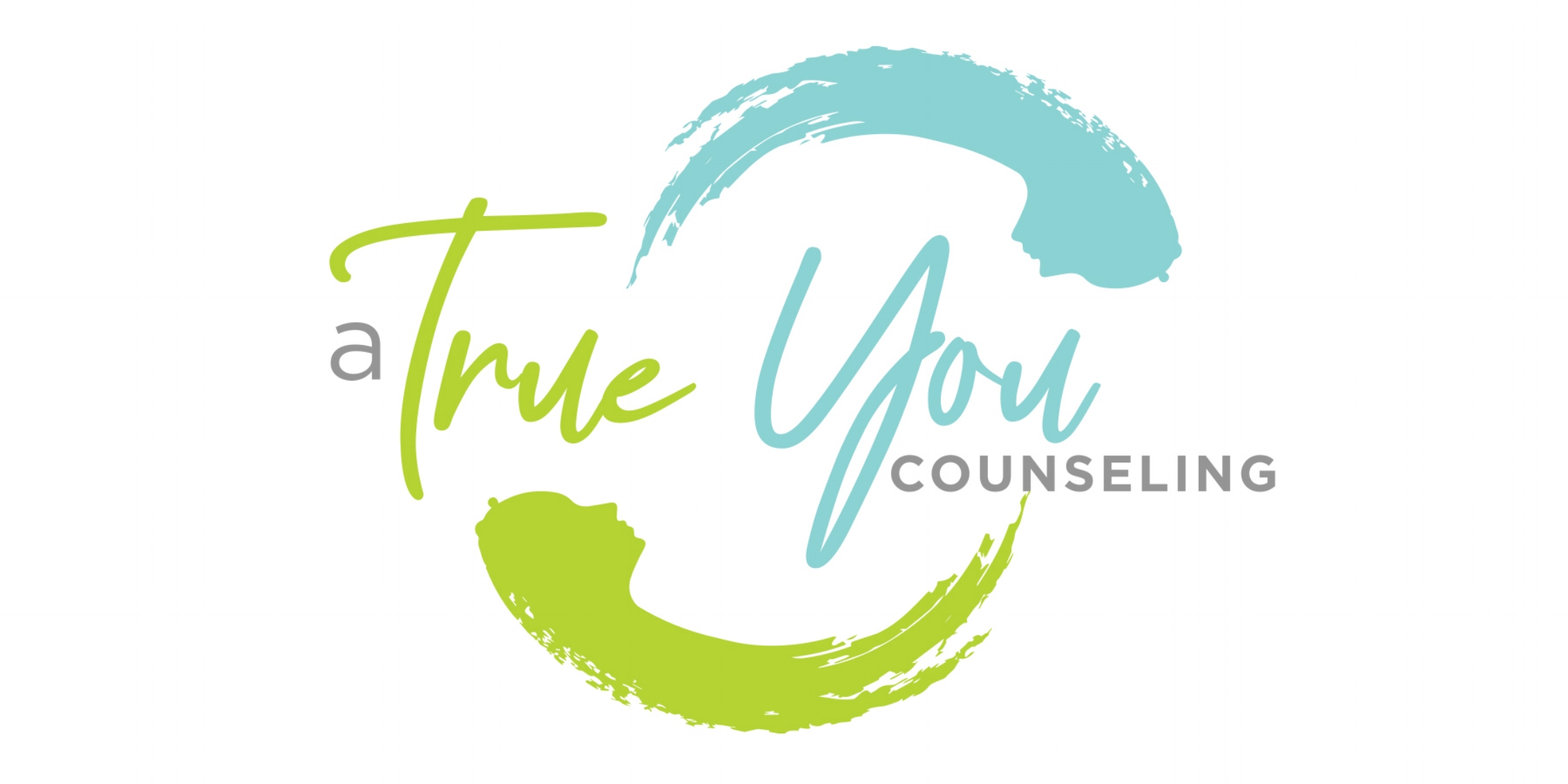How Can Music Therapy Help Depression?
Many people understand music’s ability to conjure up memories or take you to another place. Even though music’s power is understood, many fail to realize it can also help bring depression and anxiety under control. However, there is a growing community of therapists who are tapping into music’s power to heal.
Music therapy is a growing field. People who become certified music therapists are usually skilled musicians who possess knowledge of how music can arouse emotional responses to relax or stimulate people or help them heal. They combine this knowledge with their familiarity with a wide variety of musical styles to find the specific genre that can get those experiencing depression through a challenging time.
A review published last year in the Cochrane Database of Systematic Reviews assessing the research on music therapy for treatment of depression, provided some support for its use to address the mood disorder as well. Patients saw an increased reduction in depressive symptoms when music therapy was paired with traditional treatment – medication, psychotherapy (or talk therapy) or a combination – versus traditional treatment alone in the short-term, or up to three months. It’s noted that music therapy to treat depression is a supplement and not an exclusive means of therapy.
A 2010 study of approximately 200 depressed people found that those who listened to modern music or classical music for 30 minutes twice a day for five weeks had notably improved scores on several depression rating scales. In a 2011 review of trials in which depressed adults listened to music without interacting with a therapist, participants' symptoms improved in 11 of 17 studies.
Music therapy includes the following components:
Lyric Analysis
A person receiving music therapy is encouraged to offer insight, alternative lyrics and themes from lyrics that can apply to obstacles in their life and their treatment. Lyric therapy gives an individual a chance to identify song lyrics that may associate with their experience.
Improvisation Music Playing
Playing instruments can inspire emotional communication, socialization and examination of various therapeutic themes. For example, an individual can play an instrument to “explain” how they feel. This creates an opportunity to discuss their feelings further.
Active Music Listening
Music can be a tool to regulate mood. Because of its rhythmic and repetitive characteristics, music taps into the neocortex of the brain, which soothes us and decreases impulsivity. We often utilize music to match or alter our mood. To adjust mood states, a music therapist can play music to match the current mood of the person and then slowly move to a more positive or calm state.
Songwriting
Songwriting offers expression in a positive and fulfilling way. Anyone can write lyrics that mirror their own thoughts and experiences, and choose instruments and sounds that best reflect the emotion behind the lyrics. This process can be very rewarding, and can aid in building self-worth, which can banish depression. This intervention can also instill a sense of pride, as someone listens to their own creation.
To find a qualified music therapist with certified training, ask your health care provider or contact the American Music Therapy Association (AMTA) at 301-589-3300 or find-MT@musictherapy.org. The AMTA offers a directory of Music Therapist-Board Certified (MT-BC) practitioners at www.musictherapy.org.

